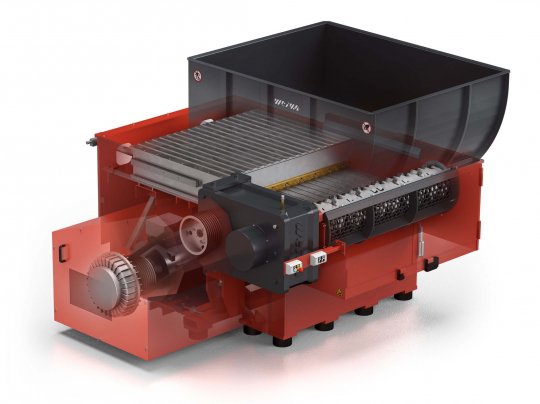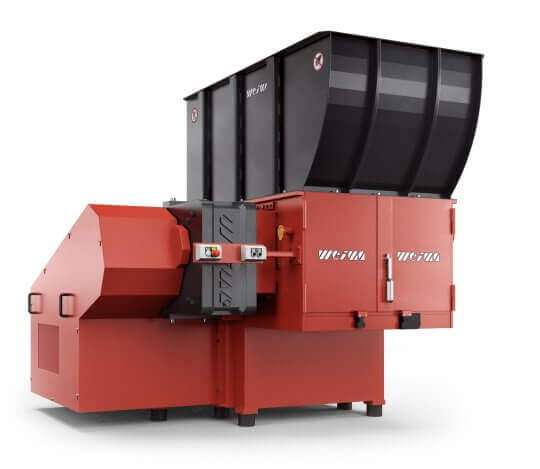Information about industrial shredders for secure shredding and disposal of documents, paper, files and data
Did you know that over 85% of identity theft cases involve the misuse of physical documents? In today's increasingly interconnected world, protecting confidential information is of utmost importance. Ensuring that documents containing sensitive data are reliably and safely shredded plays a crucial role in maintaining privacy and security. At WEIMA, we specialize in the design and production of high-quality shredders for secure document destruction. Our comprehensive range of advanced shredding machines offers dependable size reduction for all your paper files and documents.
Experience the confidence of knowing that your valuable information is securely shredded with the help of WEIMA's state-of-the-art shredders. Trust WEIMA to be your ultimate partner in providing the most reliable and safe shredding equipment for document destruction and paper files documents shredding.
Paper documents and hard drives shredding with a WEIMA four-shaft shredder
What is document destruction?
Document destruction refers to the systematic and secure process of permanently destroying physical documents containing sensitive or confidential information, ensuring that the data is irretrievable. This process, often carried out using specialized shredding equipment, is a critical component of information security management and helps organizations maintain compliance with data privacy regulations and safeguard against potential data breaches or identity theft.
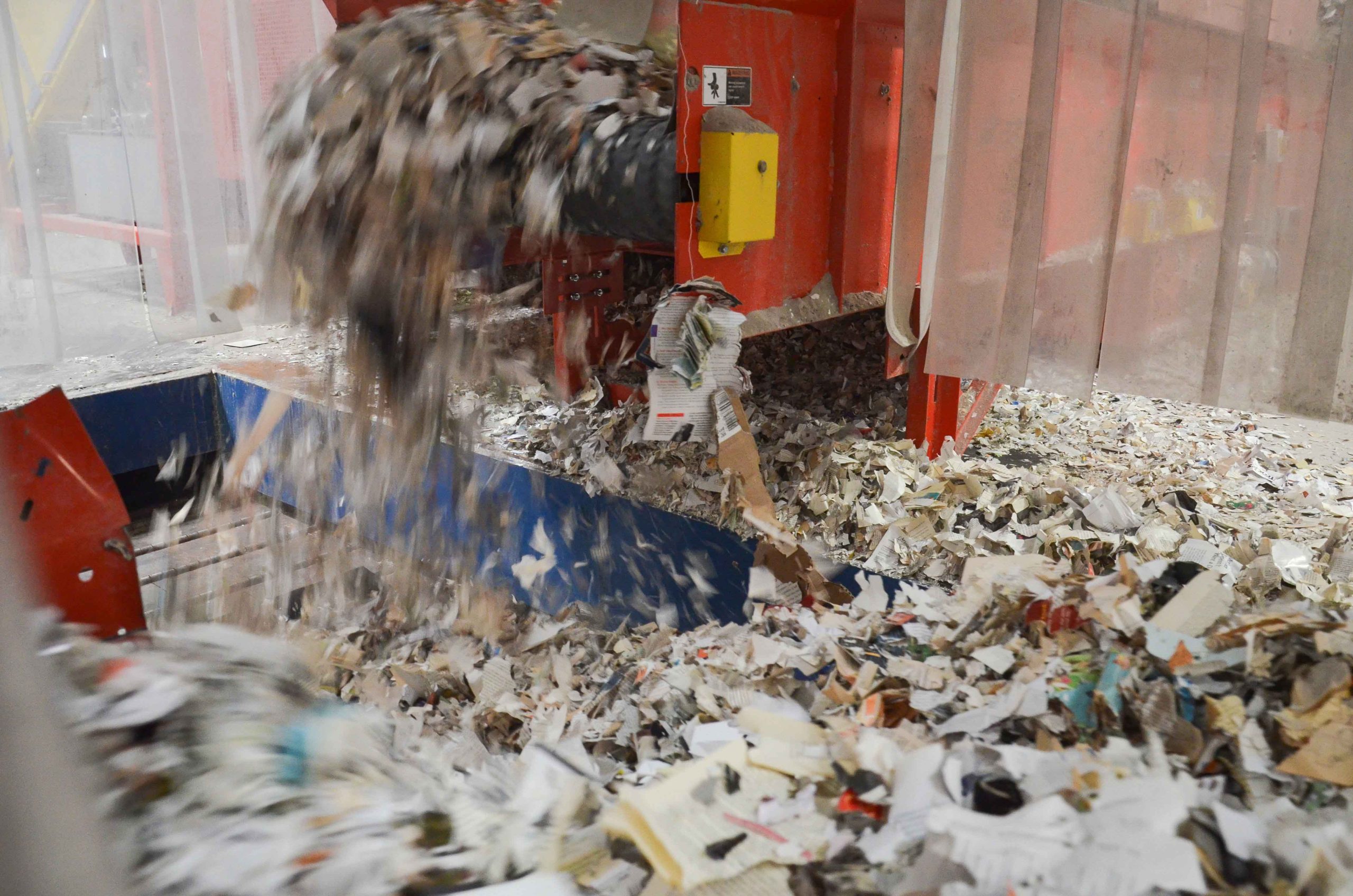
Print documents
It's the truth.
53% of organizations have experienced a data breach.
Why is shredding documents, files or data so important?
In summary, shredding documents, files, or data is crucial for safeguarding sensitive information, complying with legal requirements, preventing data breaches, maintaining privacy, benefiting the environment, and improving organizational efficiency.
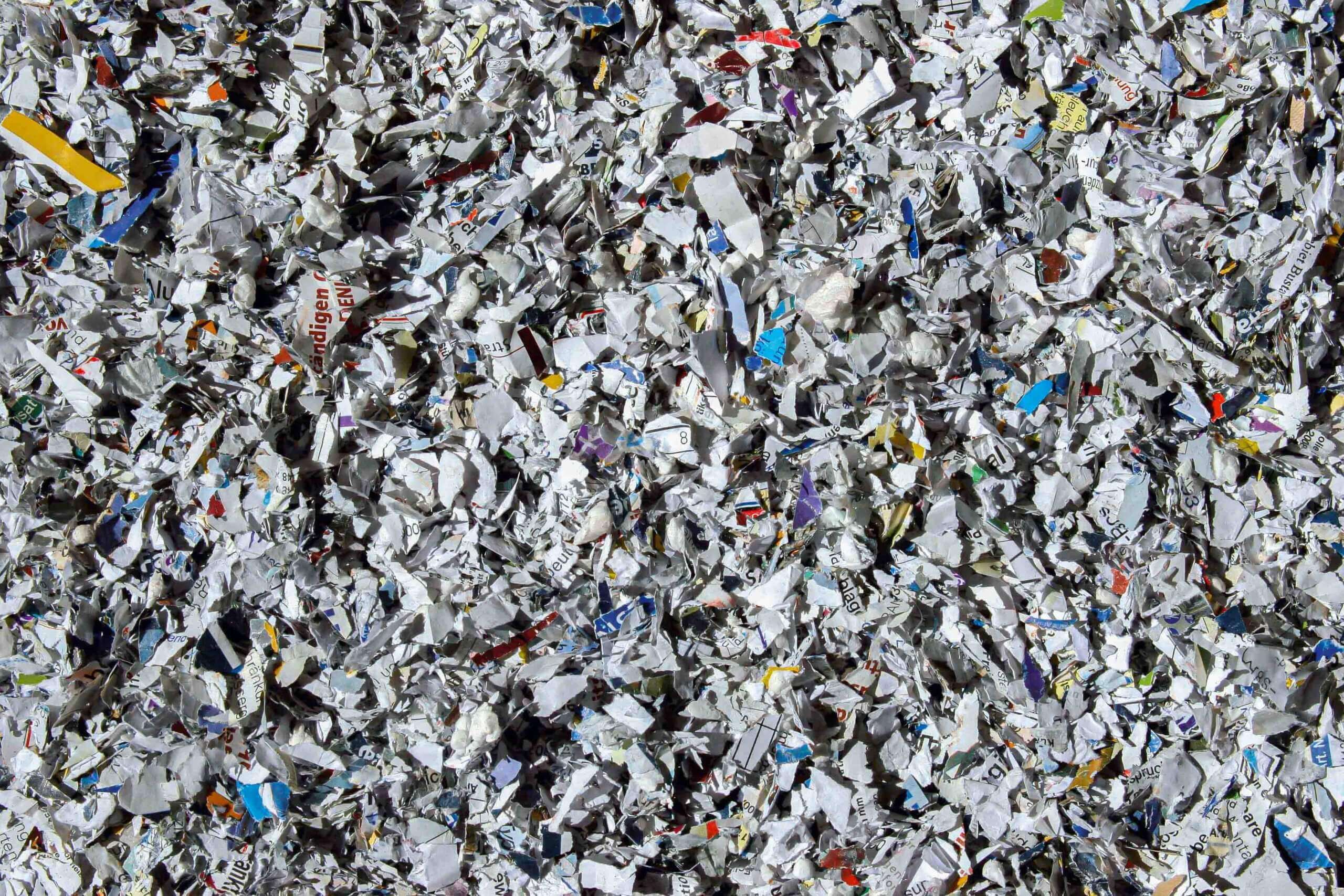
Paper waste
Protect sensitive information:
Shredding helps protect sensitive information, such as personal, financial, or business-related data, from falling into the wrong hands. This reduces the risk of identity theft, fraud, and unauthorized access to confidential information.
Legal compliance:
Various laws and regulations, such as HIPAA, FACTA, and GDPR, require organizations to securely dispose of personal and sensitive data. Proper shredding helps organizations comply with these regulations and avoid legal penalties or fines.
Did you know?
24% of data breaches involve paper documents.
Prevent data breaches:
Data breaches can cause significant financial losses, reputational damage, and loss of trust. Shredding physical documents and securely erasing electronic data ensures that information is irretrievable, reducing the risk of data breaches.
Maintain privacy:
Shredding documents containing personal information ensures privacy for clients, employees, and other stakeholders, helping to maintain trust and confidence in an organization's ability to protect their information.
Request the right shredder for your document destruction.
Request quote
Environmental benefits:
Shredding paper documents enables them to be recycled more efficiently, reducing the environmental impact of waste disposal and conserving natural resources.
Organization and decluttering:
Regularly shredding obsolete documents and files helps maintain a clutter-free and organized workspace, which can improve productivity and efficiency.
The data destruction process
1. Collection: Gather all physical documents, files, or data storage media containing sensitive or confidential information that need to be securely destroyed.
2. Sorting: Sort and separate the documents based on the level of confidentiality or the type of material (e.g., paper documents, CDs, or hard drives) to ensure they are shredded appropriately.
3. Secure transportation: If using an off-site shredding service, securely transport the documents to the shredding facility while maintaining a proper chain of custody.
4. Shredding: Utilize industrial-grade shredding machines (like WEIMA shredders) to physically destroy the documents or storage media, rendering the data irretrievable. The shredding process varies based on the type of material and the desired security level, ranging from strip-cut shredding to cross-cut or micro-cut shredding.
5. Verification: Perform quality checks to ensure that the documents or storage media have been thoroughly shredded and that no readable information remains.
6. Recycling: After shredding, the destroyed materials are compacted and sent for recycling, contributing to environmental sustainability.
7. Documentation: Obtain a certificate of destruction as proof that the documents, files, or data have been securely destroyed, ensuring compliance with legal and regulatory requirements.
Document shredding requires the right machine
A shredder designed for effective document destruction should possess several essential features. First, it must offer different security levels to accommodate the sensitivity of the information being destroyed. Second, the shredder should have adequate capacity and speed to handle the volume of documents or storage media that need to be processed within a given time frame. Third, durability and reliability are crucial, as the shredder should be built to withstand regular use and require minimal maintenance. Fourth, the shredder should have built-in safety features to protect users from potential accidents or injuries during operation. Finally, energy efficiency and noise reduction should also be considered, as these features contribute to an environmentally friendly and comfortable working environment.
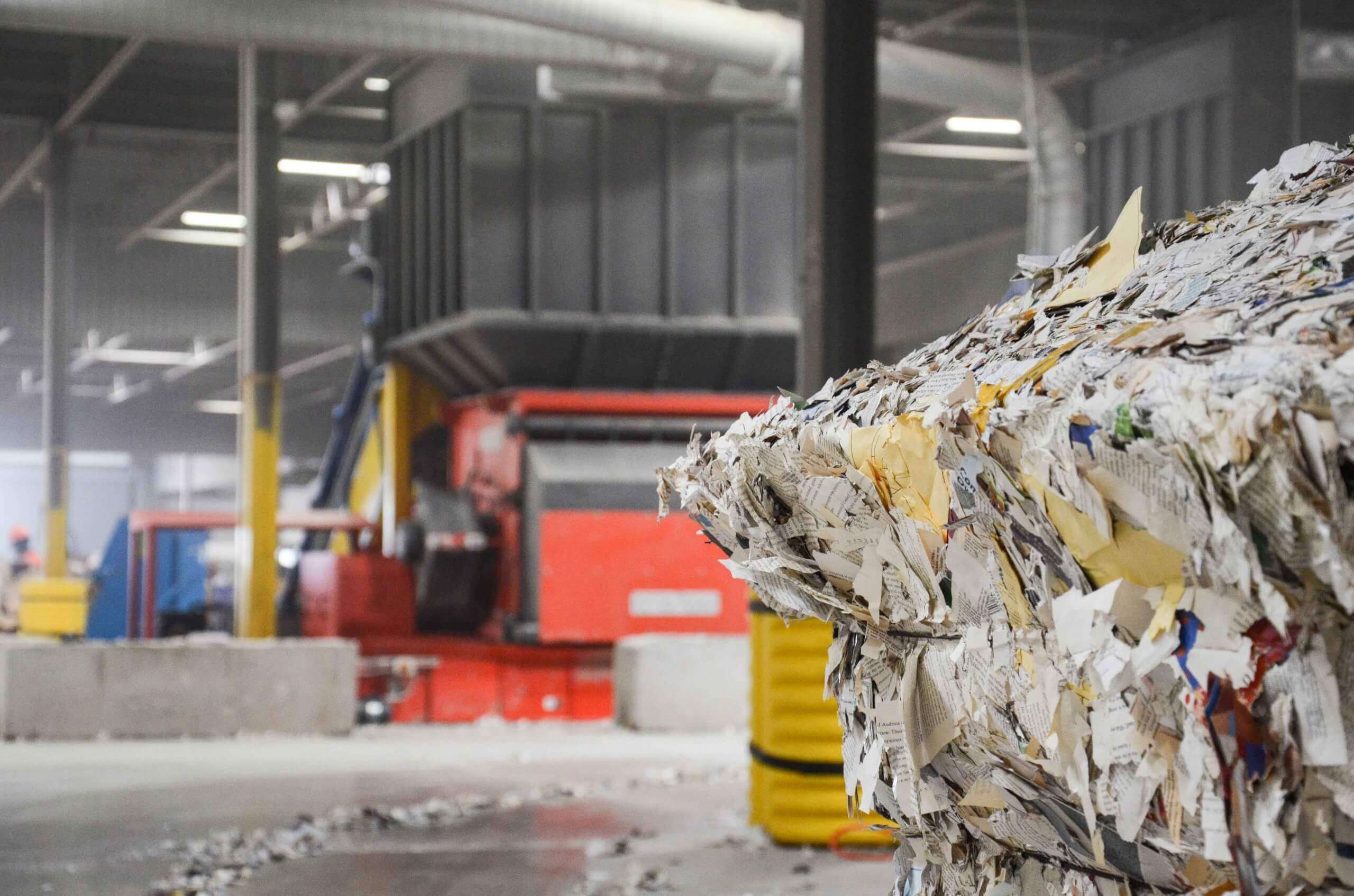
Paper documents
Confidential paper documents shredding with a WEIMA WLK 10 single-shaft shredder in the USA
Document destruction challenges for shredders
Shredders used for document destruction can face challenges such as overloading, wear and tear, difficulty handling varying materials, noise pollution, energy consumption, security breaches, and user safety concerns. To address these challenges, it is essential to select a shredder that is appropriate for the intended application, maintain the equipment regularly, and follow proper operating procedures to ensure efficient, secure, and safe document destruction.

Data destruction
It's a fact.
85% of identity theft cases involve physical documents.
What happens with shredded paper documents, hard drives and physical files?
After documents, files, data, and hard drives are destructed and shredded, the resulting waste material is typically collected and prepared for recycling. Shredded paper is usually compressed into bales and sent to recycling facilities, where it is further processed to remove ink and contaminants, then pulped and transformed into new paper products. Similarly, shredded electronic storage media, such as CDs, DVDs, and hard drives, are sent to specialized electronic waste (e-waste) recycling facilities. There, the shredded materials are sorted, and valuable components, such as metals and plastics, are extracted and recycled to be used in manufacturing new electronic products. Recycling the waste materials from shredded documents and storage media contributes to environmental sustainability by reducing landfill waste, conserving resources, and decreasing the energy required for producing new materials.
Learn more about shredding and recycling of electronic waste here:
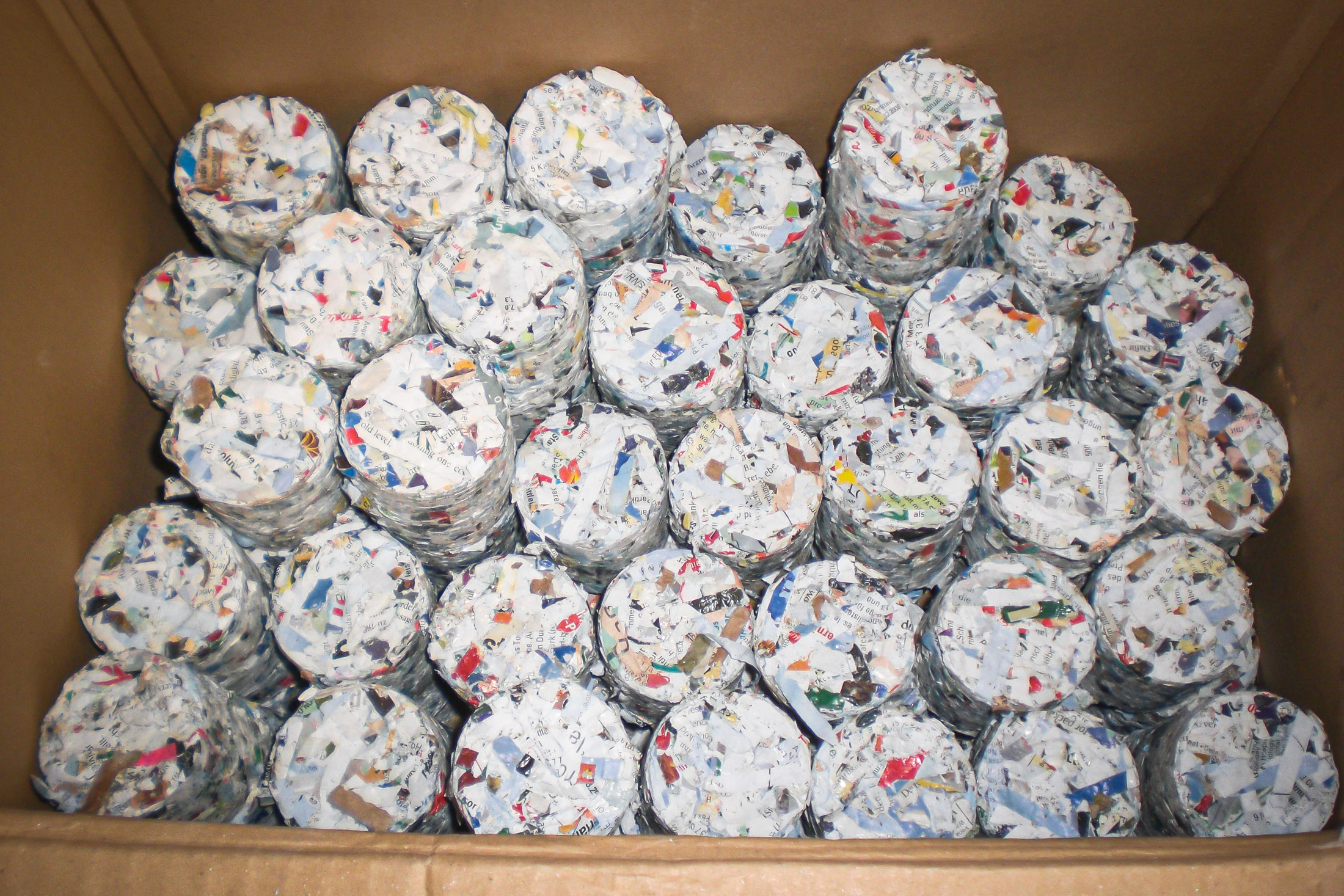
Paper waste briquettes
Mobile paper documents shredding and destruction on a truck
Mobile document destruction is a secure and convenient on-site service that uses specialized trucks equipped with industrial-grade shredders. Clients' sensitive documents are collected, placed into secure containers, and shredded on their premises, often within view, providing an added layer of security. After shredding, the materials are transported to a recycling facility for processing, and the service provider issues a certificate of destruction as proof of secure disposal. This method ensures the protection of confidential information while complying with data privacy regulations and promoting environmental sustainability.
Request the right shredder for your document destruction.
Request quote
WLK series: highly productive paper shredders
Machines of the WLK series are specially designed for heavy duty applications of all kinds. They are highly robust and durable. S5 and S7 shredders are equipped with an extra-large rotor, making the shredders very flexible to be used for heavy-duty jobs.
Why shredding?
Document shredding helps organizations comply with privacy laws such as HIPAA, FACTA, and GDPR.
W5 series: Maintenance-friendly all-rounders with swing ram
With working widths of 1,400 mm, 1,800 mm or 2,200 mm, the W5 series takes on a wide variety of materials. The inspection flap and the lift-up screen basket make the single-shaft shredder particularly easy to maintain. Thanks to the wide conveyor belt cutout, large quantities of shredded material can be transported away quickly and cleanly.
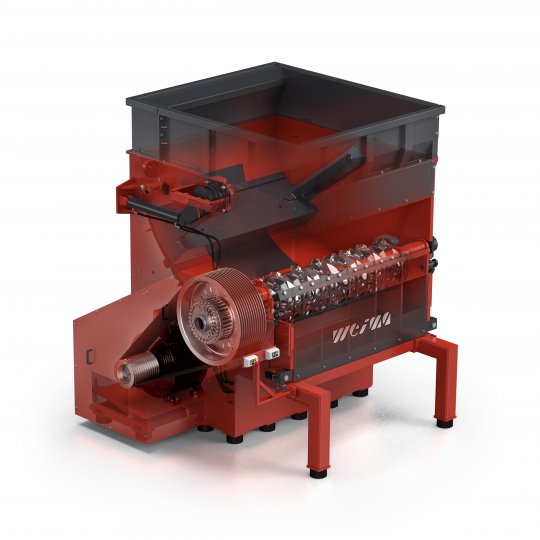
WEIMA W5 shredder interior view
ZM four-shaft shredder: For electronic waste
ZM series machines are ideal for shredding long, bulky and voluminous materials. Their large feed hopper offers sufficient space and can be conveniently filled by hand, conveyor belt or forklift. ZM shredders have a cutting unit with two clearing shafts as well as two cutting shafts, which are characterized by their aggressive material intake. Compared to single-shaft shredders, four-shaft shredders cut at a slower speed and do not have a material pusher. The noise level is correspondingly lower, and the throughput is consistently high. A screen that can be mounted below the cutting unit defines the desired particle size of the output material.
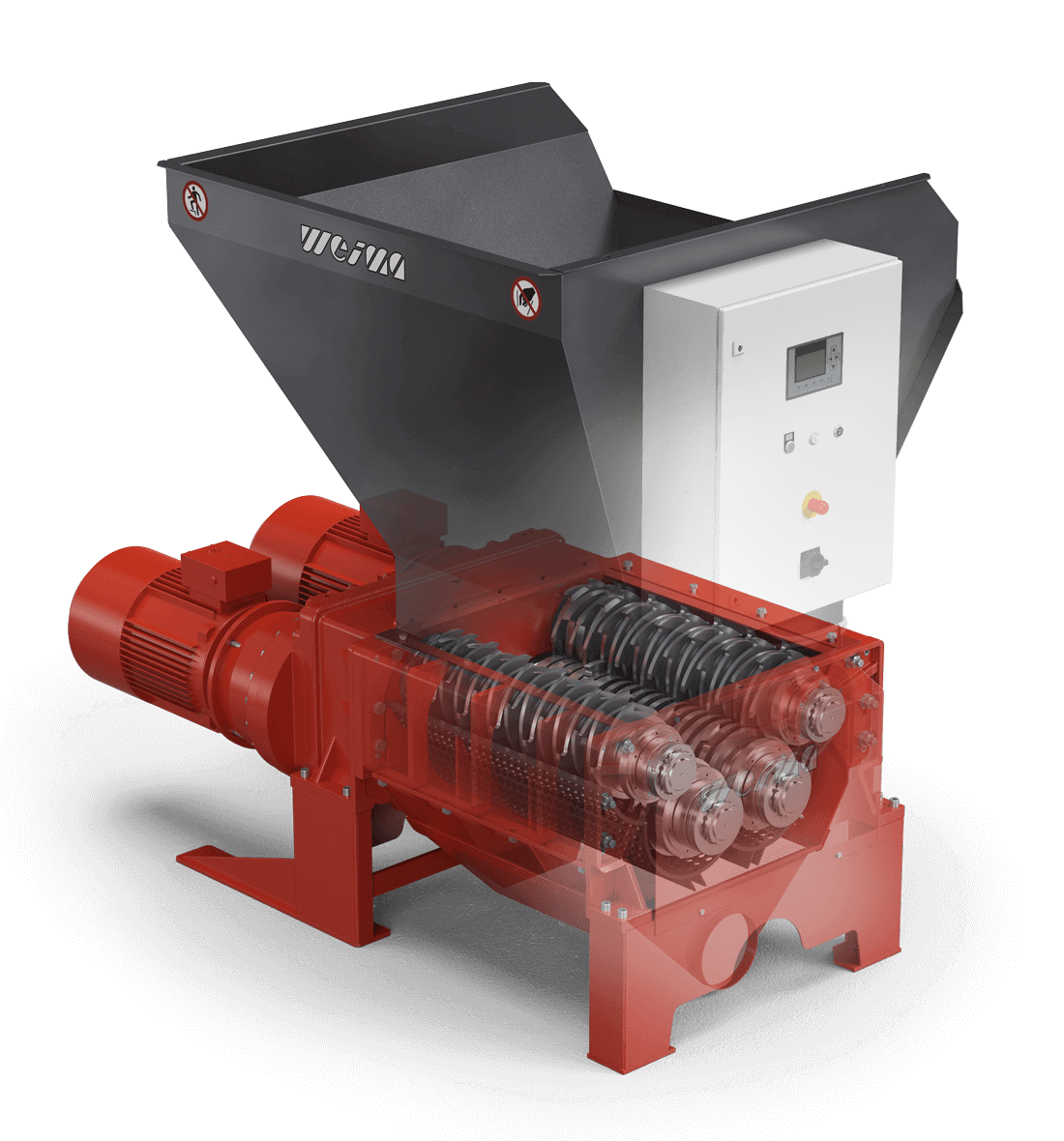
WEIMA ZM four-shaft shredder
Only at WEIMA.
Heavy duty machine designs
for long service life
Easy maintenance
for minimal down times
Various drive options
for maximum throughput
Fast service and support
for highest customer satisfaction
Everything from one source
machines, conveying technology, metal detection, support, spare and wear parts for customized solutions
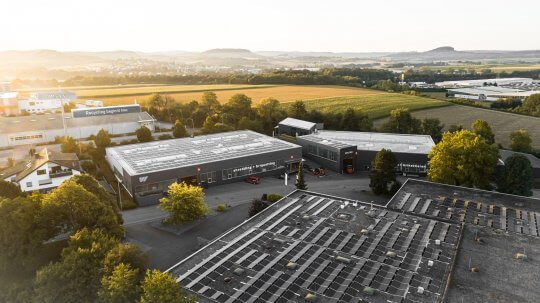
WEIMA headquarters Ilsfeld (Germany)
Convince yourself.
The WEIMA showroom is equipped with shredding and compacting machines of all sizes and technologies. This allows us to simulate your application as realistically as possible. You are welcome to send us your material or to visit us directly in Ilsfeld. From our gallery you have the best view directly into the cutting room. This allows you to observe the shredding process live.
Request appointment now
Alternatively, you can send us material for testing. Click here for the form.
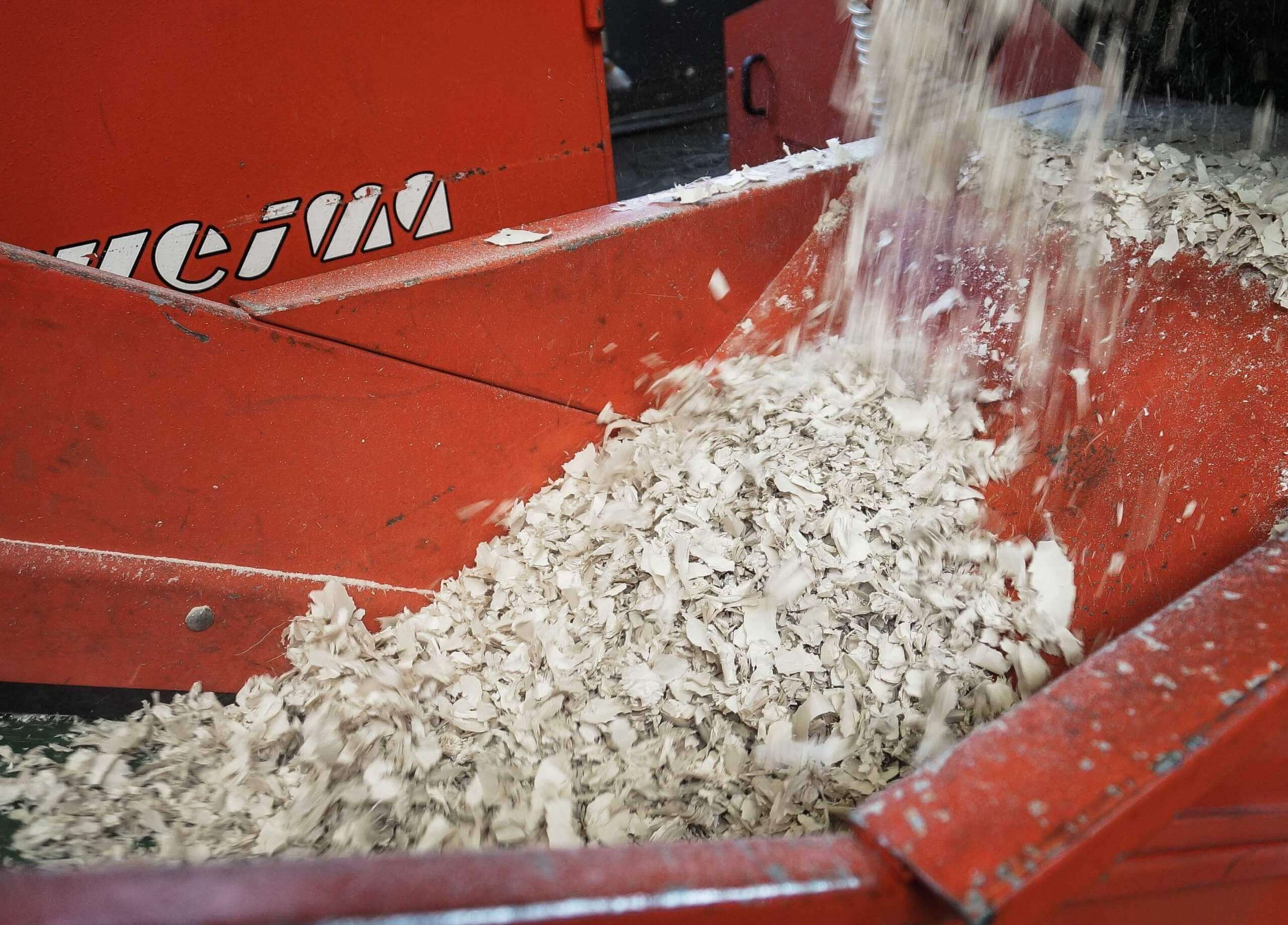
Paper shredding
